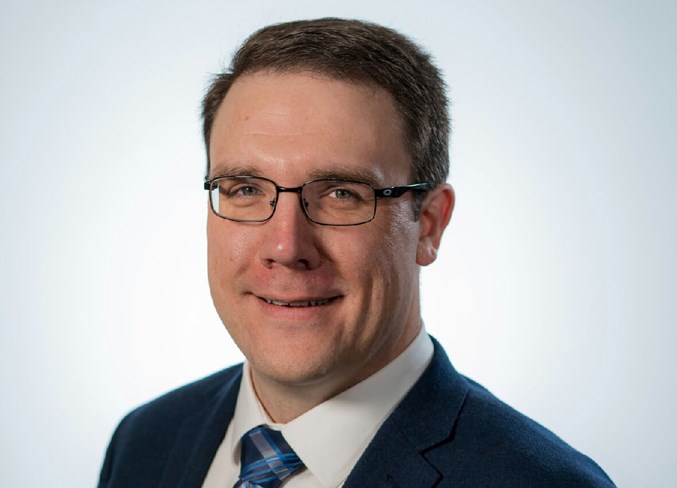The incumbent Rimbey-Rocky Mountain House-Sundre riding’s UCP candidate said he was humbled by his huge majority re-election victory.
All of the riding’s other candidates combined did not garner anywhere near the number of votes Nixon received during last week’s provincial election.
“All I can say is it’s extraordinarily humbling to receive that level of support,” he said, also expressing pride in his “team that worked so hard during the election.”
According to unofficial results posted on the Elections Alberta website, the Rimbey-Rocky Mountain House-Sundre riding had — with 81 out of 83 polls reporting as of Wednesday, April 17 — a turnout of approximately 76.5 per cent, with a vote count of 23,235 out of a total electorate of 30,389.
Nixon received 18,985 votes, or 81.7 per cent of ballots cast. NDP contender Jeff Ible received 2,122 votes, or 9.1 per cent of ballots cast. The riding’s former Wildrose-turned-Independent MLA Joe Anglin, who ran with the Alberta Party, garnered 1,227 votes, or 5.3 per cent of ballots cast.
The remaining candidates — Dawn Berard, Freedom Conservative Party; Jane Drummond, Green Party of Alberta; Paula Lamoureux, Alberta Advantage Party; David Rogers, Alberta Independence Party; Gordon Francey, Independent — each got anywhere from a few dozen to a couple of hundred votes, representing about one per cent of votes cast.
Nixon added he was also “humbled by the trust that the people have put back in me. I’m looking forward to getting back to work for them over the next four years.”
The UCP’s sweeping victory represented a reflection of Albertans’ desires, he said, which included a change in direction, particularly in this constituency. Additionally, the five-day advanced voting period that introduced the opportunity for voters to cast ballots from outside their own electoral district substantially facilitated and subsequently encouraged voters to get more engaged, he said.
“Big turnouts are what we want. We want people to participate in democracy,” he said.
Among his priorities for the riding are, as with anywhere else in the province, jobs, economy and pipelines, he said.
“The UCP will be overwhelmingly focused on getting Alberta back to work.”
Nixon said he also plans to do everything in his power to continue advocating passionately for education and health-care funding in the riding.
As for backcountry protection, he said the UCP had rejected the NDP’s proposed Bighorn Country plan in favour of pursuing alternative means to make sure those natural resources are conserved for future generations to enjoy.
Fighting against the NDP’s proposal does not mean the UCP does not consider protecting the West Country to be important, said Nixon, adding he feels the area is already largely protected.
The UCP intends to work with stakeholders to continue protecting the land while ensuring people can still enjoy the available recreational opportunities, he said.
“We put forward a conservation plan in the platform that includes getting money to off-highway vehicle groups and volunteers to help them maintain trails and build bridges to protect those resources.”
He said the new government will also continue to champion the forestry industry, as mills such as the ones in Sundre and Rocky Mountain House represent substantial economic activity and sustainability for the province. The UCP wants to investigate ways to help create and develop new products as well as open up new markets, while ramping up efforts to combat the pervasive spread of the mountain pine beetle, he said.
“Those will be the big priorities.”
When asked for a response to concerns by environmental organizations and activists who are worried that removing red tape could compromise or hamper long-term sustainability, Nixon said there must of course be regulations and rules in place.
“But we have a tremendous amount of red tape,” he said, adding the province already has the most environmentally stringent rules in the developed world.
“Alberta has to remain competitive, but that doesn’t mean we won’t protect the environment.”



